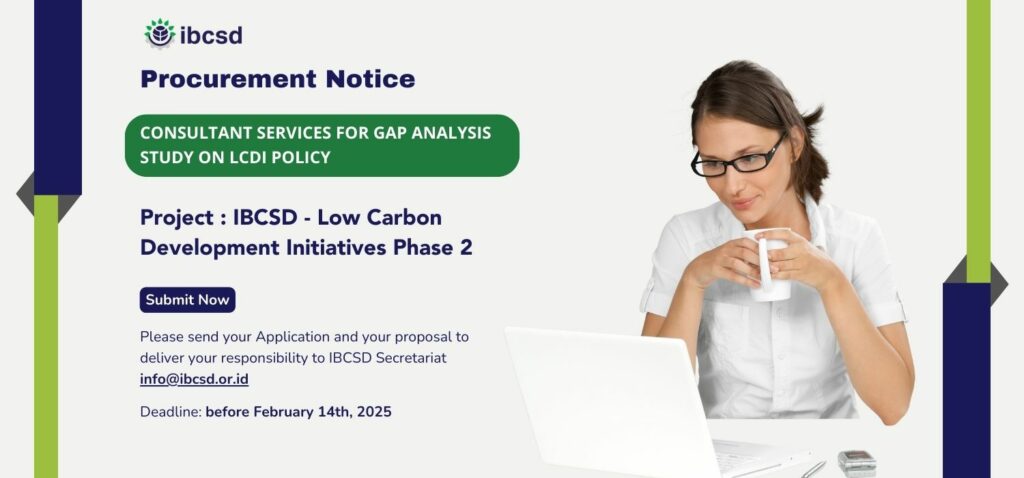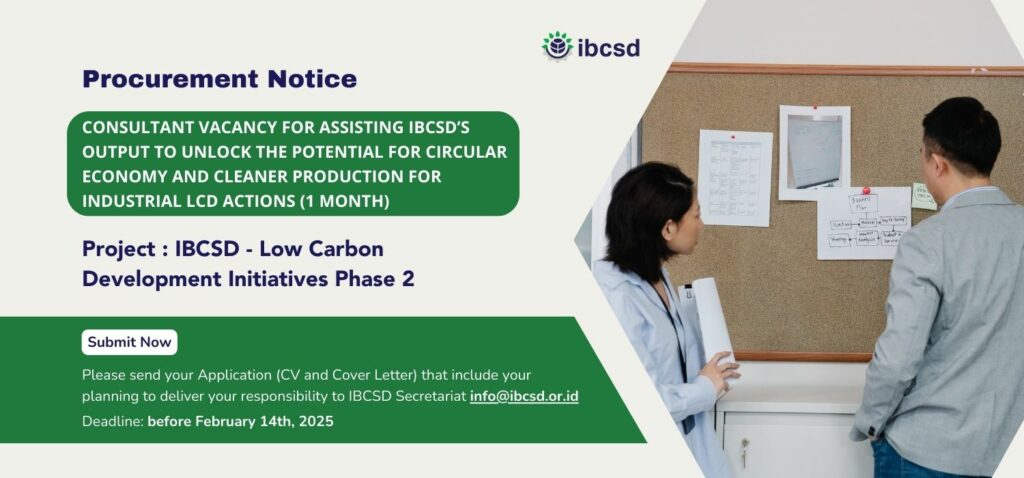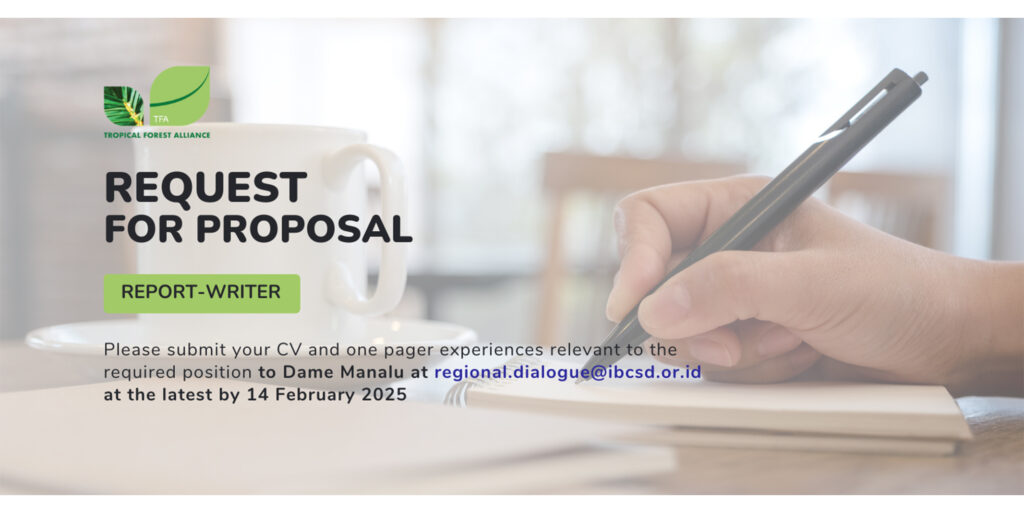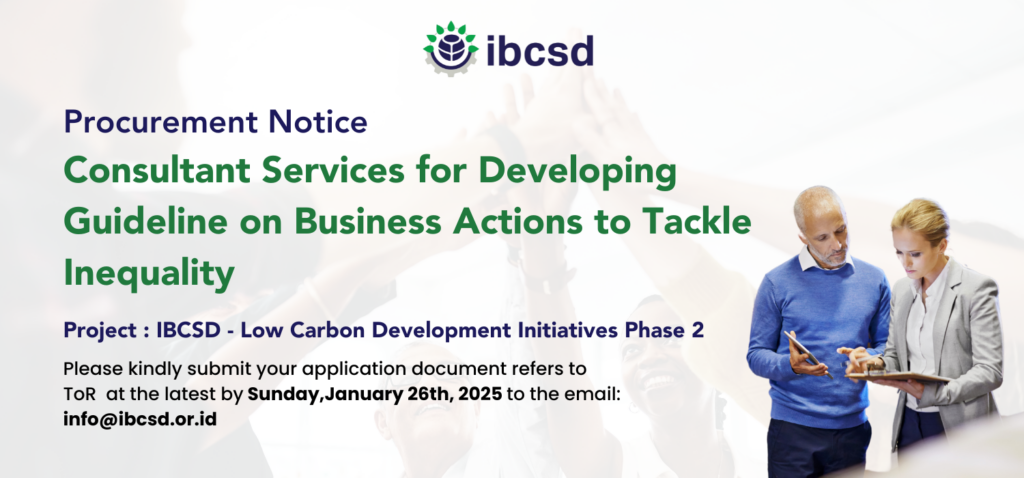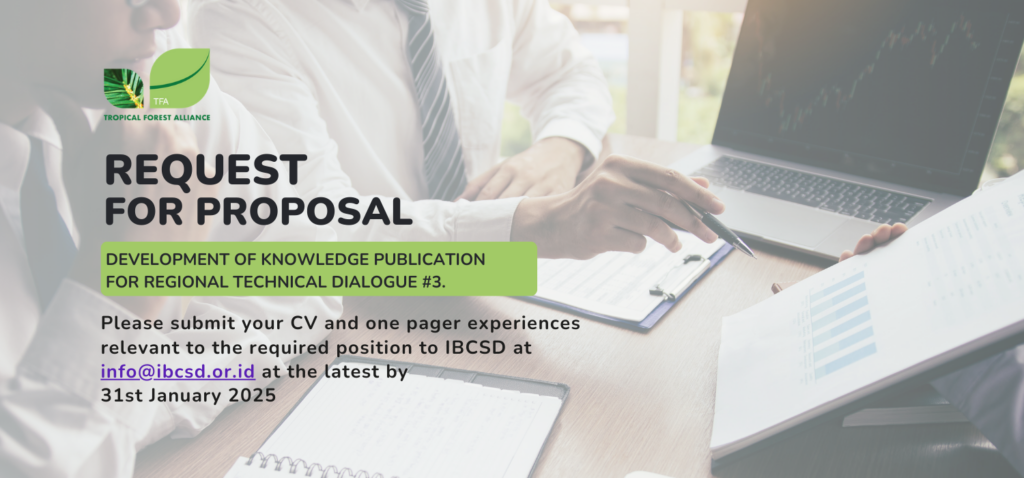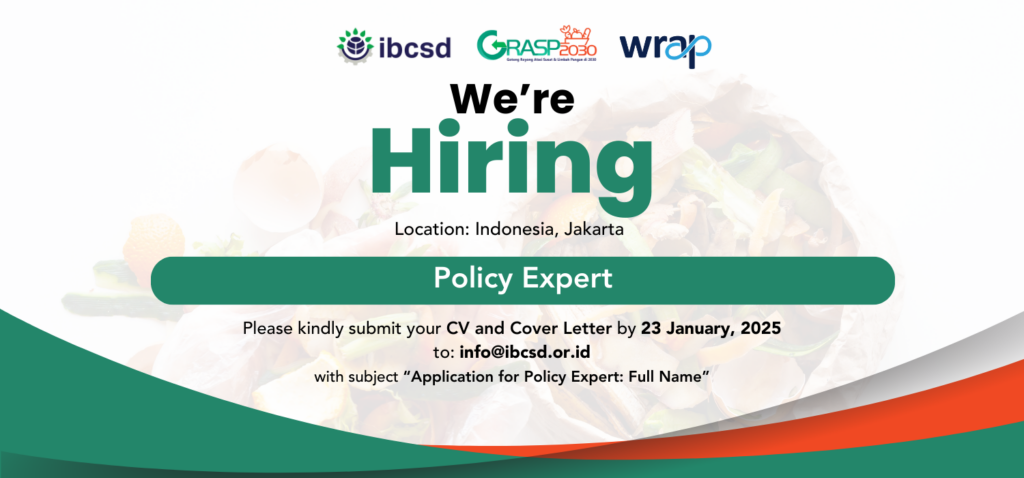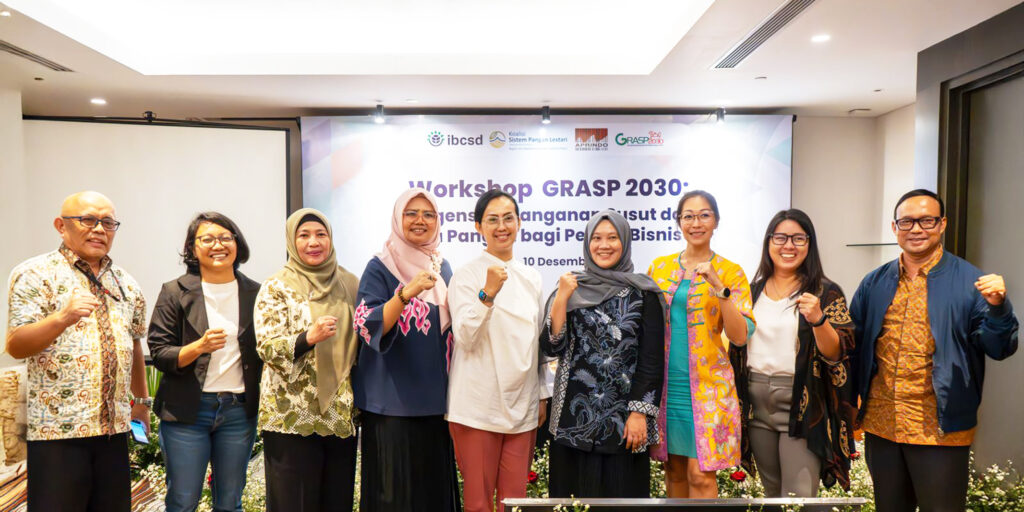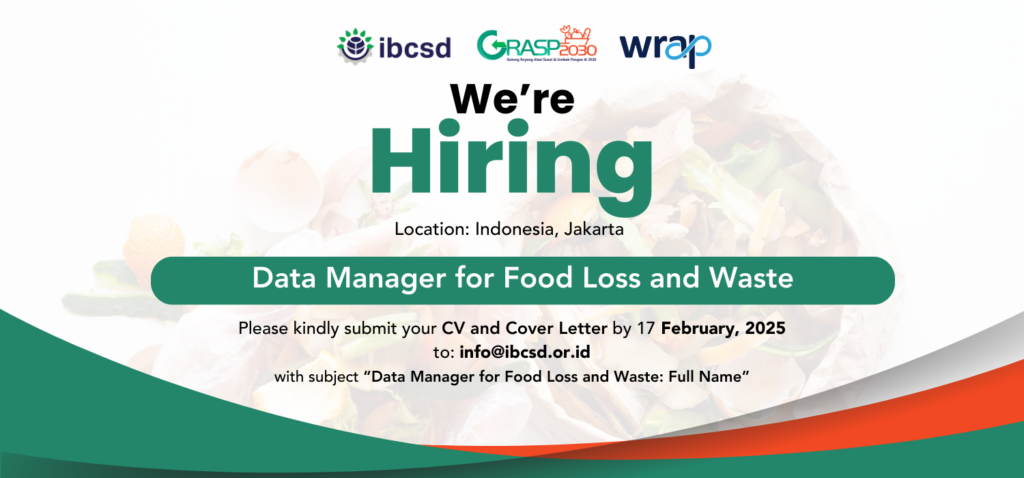
Vacancy : Data Manager for Food Loss and Waste Recruitment
Key Responsibilities:
1. Data Collection & Management:
o Design, implement, and manage data collection processes related to food loss and waste in different stages of the supply chain.
o Ensure quality control and consistency in data collected from various sources, including but not limited to, supply chain partners, manufacturers, retailers, and consumers using international standards such as the FLW Standard or other reporting frameworks.
o Oversee data entry, cleaning, and validation processes to ensure high-quality, reliable datasets.
o Database Management; Maintain and secure databases to store large volumes of data.
2. Data Analysis:
o Analyze food loss and waste data to identify patterns, trends, and potential areas for improvement using statistical or machine learning methods.
o Collaborate with relevant stakeholders to design effective metrics for monitoring and reducing food loss and waste.
o Use statistical methods and data analysis tools to assess the impact of various food loss reduction strategies.
o Develop key performance indicators (KPIs) to track progress in reducing FLW.
o Use predictive analytics to anticipate potential food loss and waste scenarios.
3. Reporting & Visualization:
o Develop reports, dashboards, and other data visualizations to communicate findings and insights to internal and external stakeholders including government agencies, NGOs, and private organizations.
o Regularly update reports on food loss and waste statistics, and provide recommendations for strategic actions.
o Contribute to the preparation of reports for donors, partners, and regulatory bodies as required.
4. System Design & Maintenance:
o Manage the development and maintenance of a comprehensive database and/or data management platform for food loss and waste information.
o Work closely with IT and software developers to ensure that data management systems are optimized for ease of use and integration with other organizational systems.
o Ensure that the data management platform is secure, scalable, and accessible to relevant stakeholders.
5. Collaboration and Coordination:
o Collaborate with external partners, stakeholders, and experts in food loss and waste to share data, best practices, and innovative solutions.
o Participate in working groups, networks, or communities of practice related to food waste and loss.
o Support other teams (such as communications) by providing accurate and timely data to support their activities.
o Provide data-driven insights to support policy development for reducing food loss and waste.
6. Technology Integration:
o Software Management; Implement and manage FLW tracking software solutions.
o Data Innovation; Explore emerging technologies to enhance data accuracy and usability.
7. Compliance and Ethical Standards:
o Ensure Compliance; Adhere to local and international data protection laws and sustainability guidelines.
o Ethical Use of Data; Ensure ethical practices in data handling referring to data security protocol.
o Comply with data protection regulations, including Indonesia’s Personal Data Protection Act (Law No. 27/2022).
Qualifications and Experience:
Education: A Bachelor’s or Master’s degree in data science, statistics, environmental sciences and sustainability.
Experience:
o Minimum of 5 years of experience in data management, with at least 2 years of experience in a related field such as food systems, sustainability, or environmental data management.
o Proven experience with data analysis tools such as Excel, SQL, R, or Python, and visualization tools such as Power BI, Tableau, or similar platforms.
o Familiarity with food loss and waste issues, especially in developing countries or agricultural supply chains, is an advantage.
o Experience with database management and system integration.
Skills:
o Proficiency in data analytics tools (e.g., Python, R, SQL, Power BI, Tableau).
o Strong analytical and problem-solving skills.
o Excellent written and verbal communication skills, with the ability to present complex data in a clear and accessible format.
o Ability to work collaboratively in cross-functional teams.
o Understanding of the food supply chain and sustainability practices.
o Knowledge of data privacy and ethical considerations related to the use of data.
o Ability to communicate complex data insights to non-technical stakeholders.
o Strong analytical thinking to address FLW challenges effectively.
Expected Deliverables:
1. Data management system set up and operational.
2. Periodic reports on food loss and waste data, including recommendations for actions.
3. Dashboards and visualizations for easy tracking and reporting.
4. Effective coordination with stakeholders on data-related initiatives.
Competencies:
1. Technical Expertise: Strong background in data analysis and management.
2. Collaboration: Ability to work well with internal and external stakeholders.
3. Attention to Detail: Ability to manage large datasets with accuracy.
4. Communication: Clear and effective communication of technical data to non-technical stakeholders.
5. Problem-Solving: Creative and strategic thinking to find solutions to challenges in data management.
Contract Type: Consultant for 6 months with possible extension.
Application Process: Interested candidates should submit their applications, including a CV and a cover letter outlining their qualifications and experience relevant to the role, by 17 February 2025 to [email protected]
